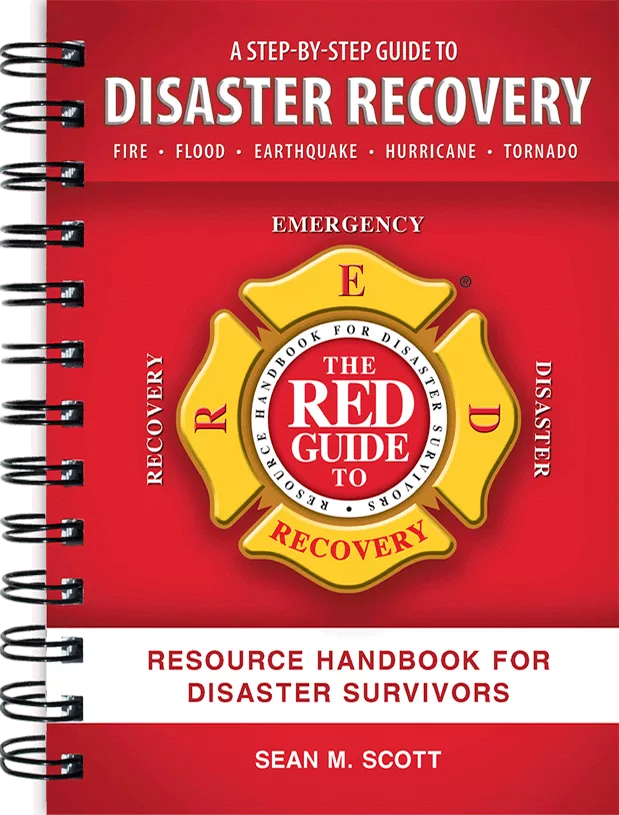The Times They Are A-Changin’
In order to make a profit, you have to know what your costs are on each and every job that you do
Everyone in the industry has at least one opinion as to what you need to need to do as a contractor to stay in business. I would suggest to you that the No. 1 thing you need to do now and forever more, is to make a profit on the total amount of work that you do.
In order to make a profit, you have to know what your costs are on each and every job that you do. In order to do that, you need to know how your bid costs came in against your actual costs. And in order to do that, you need to estimate every job that you work on and you need to do job costing on each job while it is in progress. I firmly believe that the only ones who care what a job costs are the ones that are paying you on a time and materials basis. Once you have an agreed upon scope, the price is fixed. The only discussions that now come into view are along the lines of time completion and like kind and quality of work being done on the job that you have agreed to do for your bid price.
The adjuster doesn’t want any problems or unhappiness to occur on the job or with the policy holder. The policy holder wants their life returned to normal with some free extras thrown in as soon as possible. The agent wants the policy holder to still be their policy holder when you are all through with the job. You want to get the job completed and would also appreciate some payment against the job, as opposed to waiting until the end of the job.
One of the zingers happening a lot lately is the mortgage company’s name is being put on the check. Companies are starting to have to assign a person in the office the specific task of chasing the check inside of the mortgage company. It’s not hard to figure out what that will cost you. It is an overhead cost that will come straight out of your net profit. To date, there are three states that do not allow a mortgage company to hold an insurance assignment payment up. The states are California, North Carolina and Ohio. What you need to do is to review the mortgage agreement to see if it prohibits the holding of an insurance assignment check. Even if they are not supposed to hold a check, they are holding up the check and clients have then had to go to court to get the money released. This means that you get the money you are owed, minus the legal fees you spent to get them to pay you, not to mention a great deal of time expended by you and your staff. You’re right, it’s not fair, but then that’s not breaking news. The opportunity for you is to figure out what to do about it, before you get into that situation again.
I would suggest that you do your homework prior to starting a job, not after the job is completed. I will suggest to you that the only one who cares about you not getting paid in a timely manner is you. Think about it - everyone has gotten what they want by the time you finish the job.
There are some basic precautions you might consider doing on all jobs from this date forward:
- Have your contract reviewed by an attorney that actively does construction litigation.
- Make sure every job has a signed contract by the actual owner, before starting the job.
- Have the owner sign a power of attorney allowing you to handle all matters in the contract up to policy limits.
- Include in the contract a payment plan that the owner is responsible for in the event that the insurance company does not pay you.
- Know the lien laws in the states you operate in and do not go past a filing date without some agreed upon written consideration for doing so.
- If someone is asking you to waive these and/or other basic business values, consider the reasons why they are asking you to do so.
Keep firmly in mind that you must be paid on all of your work in order to make your desired profit. Either pay attention to these basic rules or quit whining and get ready to receive continued losses in your business.
Looking for a reprint of this article?
From high-res PDFs to custom plaques, order your copy today!




